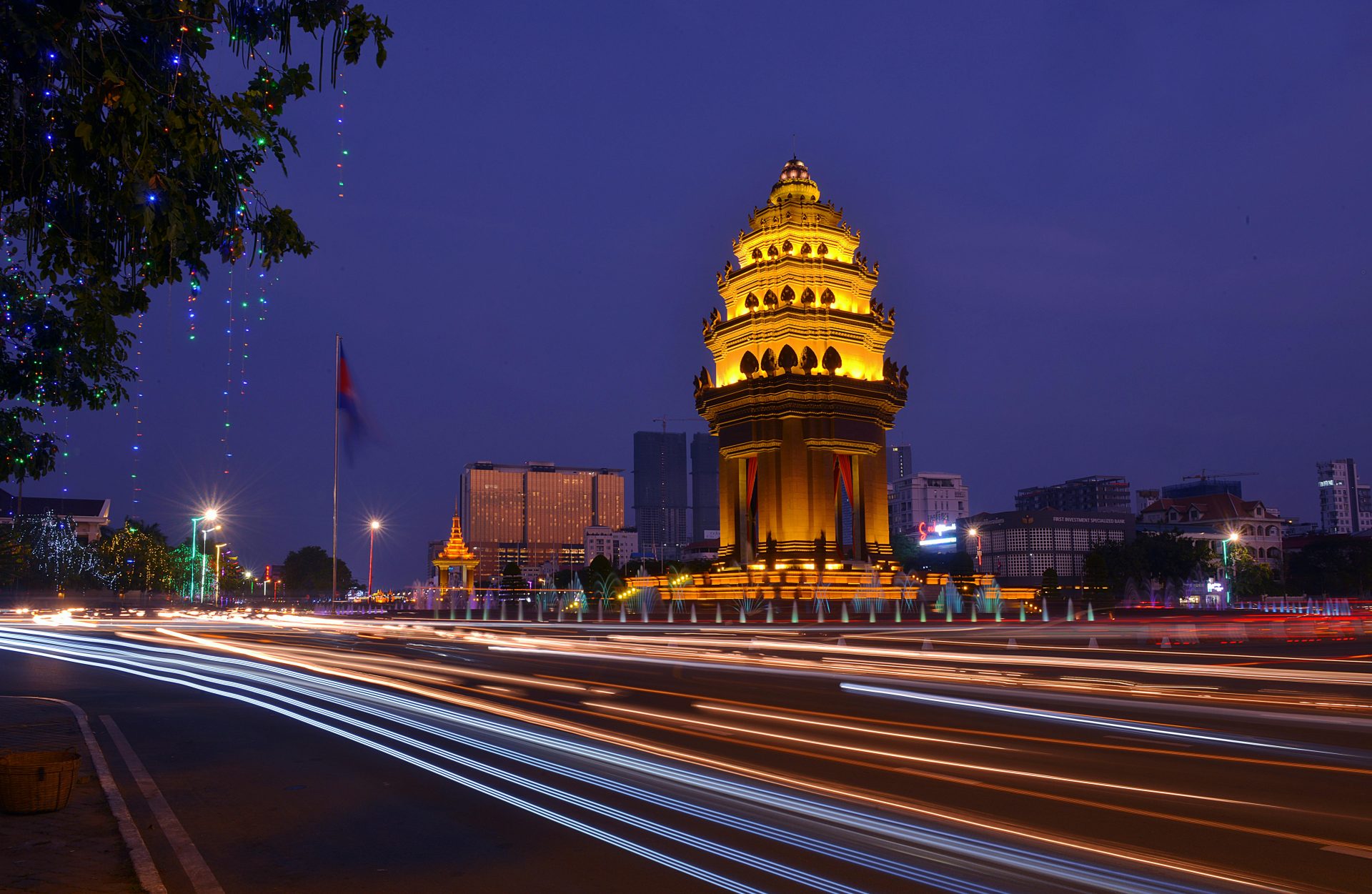Southeast Asia is one of the fastest-growing regions for international business expansion. From Thailand to Vietnam, companies are eager to tap into new markets, hire skilled talent, and establish regional hubs. But one challenge consistently arises for global employers: navigating work permits and visas.
Understanding the rules for foreign employees is crucial—not only to stay compliant but also to ensure smooth operations and avoid unexpected setbacks.
Why Work Permits and Visas Matter
Hiring or relocating staff into Southeast Asia isn’t as simple as booking a flight. Every country has its own legal framework, and requirements often change with little notice. Without the right visa or permit, businesses risk fines, employee disruptions, and even bans on hiring foreign staff.
Key Considerations for Employers
- Different Rules in Each Country
While the region is interconnected, labor laws vary significantly. For example:
- Thailand requires a work permit tied to a sponsoring company, often with minimum capital requirements.
- Vietnam has strict rules on job categories eligible for foreign employees, plus requirements for local labor approvals.
- Singapore offers more streamlined employment passes but applies strict quotas and salary thresholds.
- Processing Times and Documentation
Work permit applications often take weeks or even months. Employers must prepare corporate registration documents, employment contracts, health certificates, and sometimes police clearance records.
- Quotas and Local Hiring Requirements
Many Southeast Asian countries encourage local employment. This means foreign hires may be restricted unless companies also hire a certain number of local employees.
- Frequent Policy Changes
Governments update visa and permit rules frequently to reflect labor market needs. Employers must stay informed to avoid non-compliance.
Common Challenges for Global Employers
- Delays in onboarding: Employees cannot begin work until permits are approved.
- Unexpected rejections: Missing paperwork or policy misunderstandings can derail plans.
- Renewals and extensions: Visas often require regular renewals, creating ongoing administrative work.
How an Employer of Record (EOR) Helps
Working with an EOR provider simplifies the entire process. Instead of managing country-specific visa applications directly, companies can rely on local experts to handle compliance.
With EOR support, businesses gain:
- Up-to-date knowledge of visa and work permit requirements
- Faster onboarding through established local processes
- Reduced compliance risks and penalties
- Ability to hire in multiple countries without setting up local entities
The Bottom Line
Expanding into Southeast Asia brings enormous opportunities, but managing work permits and visas can be one of the biggest roadblocks for global employers. By working with an experienced EOR partner, companies can confidently navigate regulations, reduce delays, and focus on growth.
If your business is hiring across Southeast Asia, Interloop Solutions & Consultancy (INLPS) can help streamline the process with expert EOR and visa support.
Contact us today to learn how we can simplify your expansion journey.

Leave a Reply